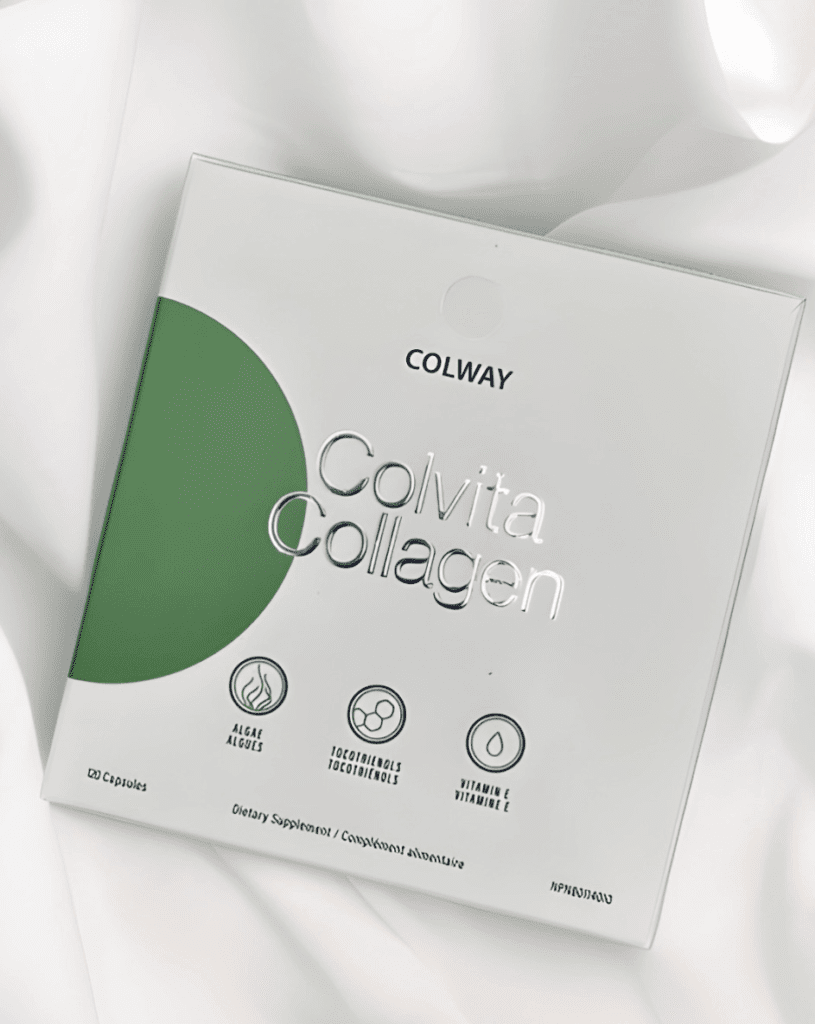



Best In Business!
Best Aesthetic Service Providers in Canada for 2023 - The Official BNS Best in Business List

Benefits of Exosomes
*Reduces treatment downtime by up to 50%
*Increases collagen production
*Reverses sun damaged skin
*Brightens skin (reduces hyperpigmentation)

Benefits of Microneedling
* Stimulates collagen production
* Reduces fine lines and wrinkles
* Tightens and thickens skin
* Brightens skin
* Treats scars

Benefits of PDO Threads
* Lifts jowls non-surgically
* Provides lift and contour without extra volume
* Builds collagen
* Tightens skin
* Lasts up to 2 years
* Natural looking results


Why Choose us
OUR PILLARS
Our essence is defined by our three pillars: Protection, Promotion, Prevention. Together, they ensure your unique beauty journey is unforgettable.
Our approach to cosmetic injectables is conservative (less is more). We advocate skincare regimes and services that are clinically proven and practical, thereby protecting you as a consumer.
We offer cosmetic injectables to enhance your natural beauty as well as a broad array of products and services to promote skin health and appearance.
We offer products, services, and recommendations dedicated to preventing skin aging, which are achievable and in the clients’ best interest.
BOTOX & DYSPORT
- Forehead Lines
- Crows Feet
- Eyebrow Lift
- Furrow/Glabellar Lines
- Bunny Nose Lines
- Lip Lines
- Cobblestone Chin
- Neck Lines
COSMETIC DERMAL FILLERS
- Brow shaping
- Tear trough Fill
- Cheek Enhancements
- Nose Augmentations / Non-surgical
- Non-Surgical Facelift
- Lip Enhancement
- Jawline Contouring
- Chin Extension / Augmentation
- Filling Marionette Lines
- Filling Nasal Labial Folds
WE ARE HIGHLY RECOMMENDED
IN AESTHETICS

TOP 12 BOTOX CLINIC
The Best in Calgary is an organization that presents you with the best Calgary companies in a variety of service categories. As of May 2020, they chose us as “Best in Botox category.

TOP 15 BOTOX CLINIC
The Botox experts have been handpicked exclusively based on Business History, Public Reviews, Location Proximity, Range of Products or Services, Cost, Special Offers, Customer Engagement, and Awards & Recognition among other rating factors.

TOP 10 BOTOX CLINIC
Trust Analytica rates Botox clinics in Calgary based on real customer reviews from most trusted platforms. We are proud they have rated us as one of the Top 10 Botox Clinics in Calgary to go to!
Testimonial
What they say about us







Need More Help?
Seeking additional assistance? We’re here to help. Whether you’re looking to schedule an appointment, or explore our services, our team is ready to assist you in achieving your beauty and wellness goals.
Book an Appointment
Please click the button below to discover the best appointment time to suit your schedule.
Post A Review
To share your experience and post a review on our live Google Reviews, please click the button below. Your feedback is highly appreciated!
Contact us
If you are wanting to contact us outside of business hours we recommend you leaving a message here.
OUR BLOG
Latest Blogs
Nourish Your Skin: Essential Nutrients for a Radiant Complexion
Nourish Your Skin: Essential Nutrients for a Radiant Complexion Your skin is a reflection of your inner health, and what you eat plays a crucial role in its appearance and…
Unlocking the Power of Collagen Peptides: Your Path to Vitality and Wellness
Unlocking the Power of Collagen Peptides: Your Path to Vitality and Wellness In the quest for eternal youth and vitality, the buzz around collagen has reached new heights. But what…
Unlocking the Power of Fiber: How Transform – Plant-Based Enzyme Can Help Your Health
Introduction: In an age where health is paramount, “Transform – Plant-Based Enzyme” emerges as a groundbreaking supplement designed to revolutionize your wellness journey. With its unique ability to convert sugar…
Rewards
Join our community
Get our monthly specials
Stay informed about our latest promotions, anti-aging services, and upcoming events. Delivered right into your inbox and/or text.
Patient Financing




